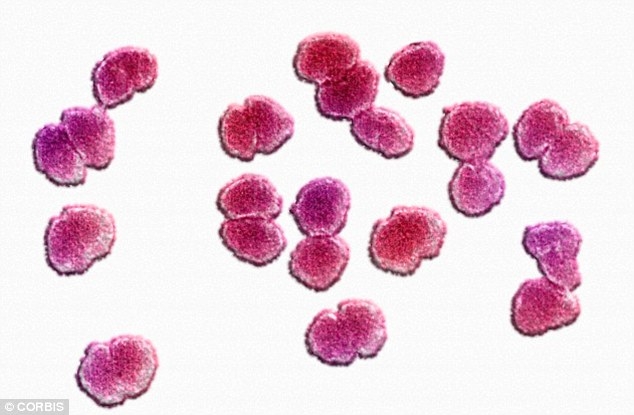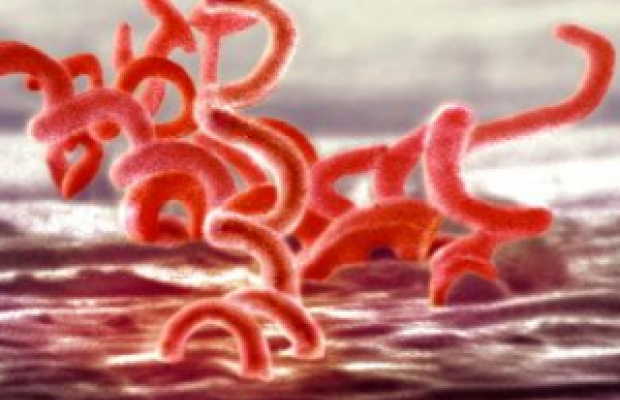So there you are, it’s 1am and you have had one too many drinks at the bar. You feel your skin go flush and wrap you in a blanket of warmth as your vessels vasodilate due to the excessive alcohol you’ve consumed. You notice in the corner of your eye that guy or girl you’ve been checking out the entire night. With your inhibitions dropped you walk up to them and strike up a conversation with your new found self-confidence. All of a sudden you are the life of the party, the highlight of this person’s night, and things are going well. You say all the right things and make all the right moves, and you decided to end the night in a heat of passion. You don’t have any
protection but you say screw it just this one time.
It’s now a week later, and you wake up one morning to relieve yourself only to be subjected to a severe burning sensation as you urinate. You also notice some sort of pus like discharge coming out of your urethra sending you into a fit of disgust and confusion as you dart to your nearest doctor’s office; regretting that night of promiscuity.
This is an all too common scenario this day and age, in fact
sexually transmitted infections has been part of social culture for centuries all over the world and specifically in Canada has been on the rise as of late. Reported cases in Canada have increased 40-200% for certain infections since 2002. The highest rates of increase have been seen in young adults and middle age groups. The most common of the bunch include chlamydia, gonorrhea, syphilis, and HPV or genital warts as it’s commonly known.
Chlamydia and Gonorrhea

These two bacterial infections share many common symptoms, which include
- Dysuria (painful urination)
- Dyspareunia (painful intercourse)
- Urinary urgency
- Increase frequency of urination
- Urethral discharge
All these symptoms are useful in identifying a possible STI infection, but the scary part is that an infected person may not manifest
typical symptoms at all, and feel absolutely fine, there by infecting others unknowingly. But there is hope; modern science has developed very sensitive tests modalities to help tell you for certain if you are infected or not. If you are unfortunate enough to have chlamydia, gonorrhea, or even both they can be easily treated with a short course of antibiotics as prescribed by a doctor. The most effective way of preventing transmission is through use of barrier contraception (such as condoms) and safe sex practices.
Syphilis

This is one of the nastier infections that also carry long term health effects if left untreated. Symptoms include:
- Ulcerative sores in mouth and on genitals
- Skin rash on palms and soles of feet
- Patchy Hair loss
- Fever
- Malaise
- Brain Spinal cord involvement (tertiary stage)
- Death (if left untreated)
Fortunately this can also be treated with a course of antibiotics, but can become more complicated and life threatening in late stages if left untreated long enough. Primary the mode of protection includes barrier contraception.
Human Papilloma Virus-HPV
This is a common virus that causes the typical plantar wart that one may get on various parts of the body such as the hands or feet, and is by far the most common sexually transmitted infection. There are many different sub types of the virus, for example
HSV 1 and
2 causes the typical skin wart seen on a finger or toe and is quite benign, while
HPV 6 and
11 cause genital warts transmitted during sexual intercourse and can have some serious complications such as cervical cancer in females.
Unfortunately there are currently no approved antiviral treatment options for HPV. The body however does to a decent job at fighting the virus, as 90% of HPV infections are cleared by the immune system within two years. Protection against HPV is best achieved with barrier contraception but has its limitations as direct skin to skin contact is still possible with uncovered areas.
Can I get vaccinated against STI’s?
Unfortunately as of 2015 there are no vaccinations for most sexually transmitted infections, and the major route of protection is barrier contraception or abstinence. Having a monogamous relationship is a protective factor, as the majority of persons affected by STIs have unprotected intercourse with multiple partners.
But there is some good news when it comes to HPV infection. A relatively new vaccine called
Gardasil protects against certain strains of the virus (HPV 6, 11, 16, and 18). This is available to both men and women, and given in a series of three shots over a six month period by your doctor. It will protect you from the strains mentioned, but will not be effective against others.

 These two bacterial infections share many common symptoms, which include
These two bacterial infections share many common symptoms, which include
 This is one of the nastier infections that also carry long term health effects if left untreated. Symptoms include:
This is one of the nastier infections that also carry long term health effects if left untreated. Symptoms include: